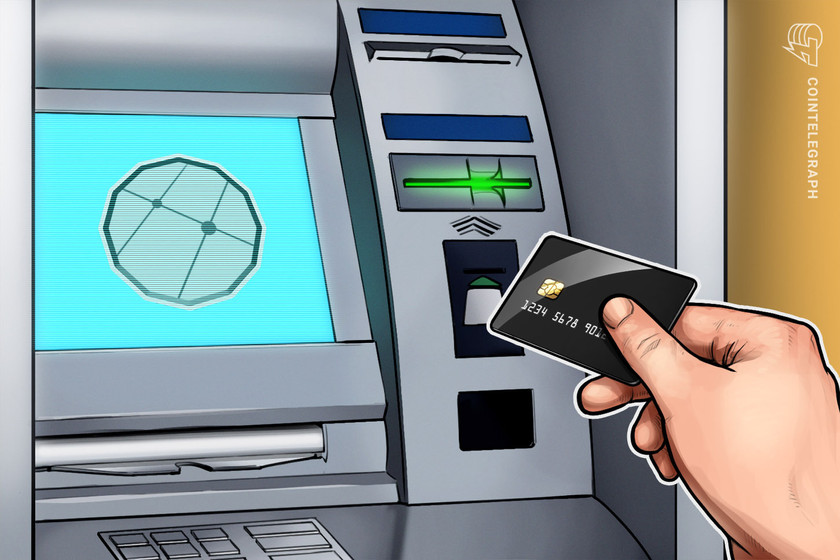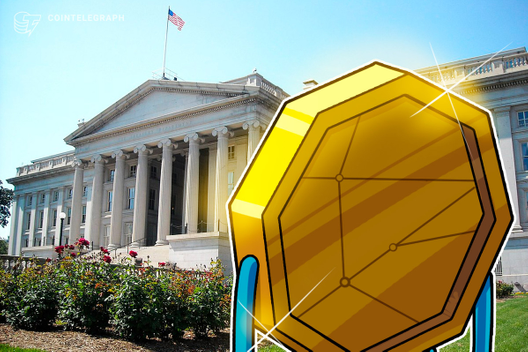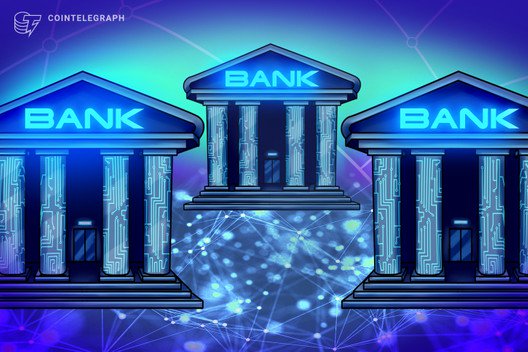The U.S. Commodity Futures Trading Commission (CFTC) Chairman Christopher Giancarlo said in a speech Nov. 7, that technological advances, including Distributed Ledger Technology (DLT), could help regulators better oversee trading markets.
Giancarlo delivered his speech titled “Quantitative Regulation: Effective Market Regulation in a Digital Era” at the FinTech Week conference at Georgetown University Law School. The chairman addressed emerging digital technologies, such as DLT, big data, automated data analysis, and artificial intelligence (AI), and their impact on trading markets and the financial landscape.
In terms of applying these technologies to trading markets, Giancarlo said that “we begin to see a world where the majority of standard tasks are managed by machines” since, combined with DLT, automation facilitates cost reduction and improves trade matching, processing, clearing and settlement.
Giancarlo suggested that higher-order computing technologies will likely become “ubiquitous” to commodity and financial derivatives markets. He said that the CFTC and other regulators will have to keep pace with the advance of AI in order to succeed.
Giancarlo further pointed out that the commission must be proactive in regulatory data collection, automated analysis, and data-driven policy application, and eventually become a “quantitative regulator.”
Speaking on the challenges presented by data automation and machines and their impact on labor markets, Giancarlo asserted that “being a quantitative regulator does not mean replacing human judgment and market intelligence; it means reinforcing it:”
“It means freeing agency staff from repetitive and low value tasks to focus on high value activities that require their expert judgment and domain knowledge. It means marshalling quality data that is efficiently and, perhaps, algorithmically analyzed upon which human judgement can be deployed, unfurled and expanded.”
The chairman suggested that DLT would help regulators analyze data, real-world outcomes, and success in satisfying regulatory objectives, “rather than rely on static rules and regulations that were put in place without knowing the consequences or results they would drive in the market.” He added:
“We can also envision the day where rulebooks are digitized, compliance is increasingly automated or built into business operations through smart contracts, and regulatory reporting is satisfied through real-time DLT networks.”
In July, Giancarlo outlined his agency’s interest in blockchain technology, emphasizing the need for the appropriate procedures that would enable the CFTC to examine innovative blockchain tech for potential future use cases. The chairman stated that there is a need for a legally sound, fast process of sharing information between the agency and fintech innovators, “especially in the area of blockchain.”









